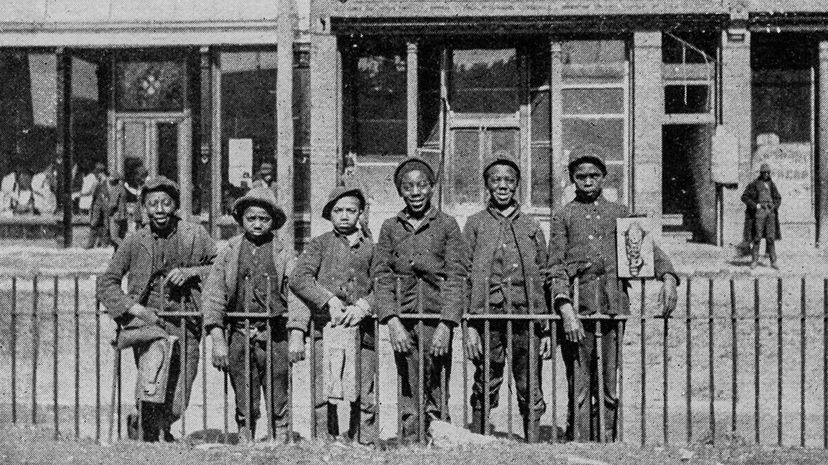
The Tuskegee syphilis study, also known as the U.S. Public Health Service (USPHS) Untreated Syphilis Study at Tuskegee, is one of the most infamous chapters in the history of U.S. public health and scientific research. PHS, in collaboration with the Tuskegee Institute, conducted the study, which aimed to observe the natural history of untreated syphilis in Black men from Macon County, Alabama.
Over its 40-year duration, the study profoundly influenced research and health care practices, raising critical questions about ethics, informed consent and the protection of human subjects (now called "participants" instead of "subjects").
Advertisement